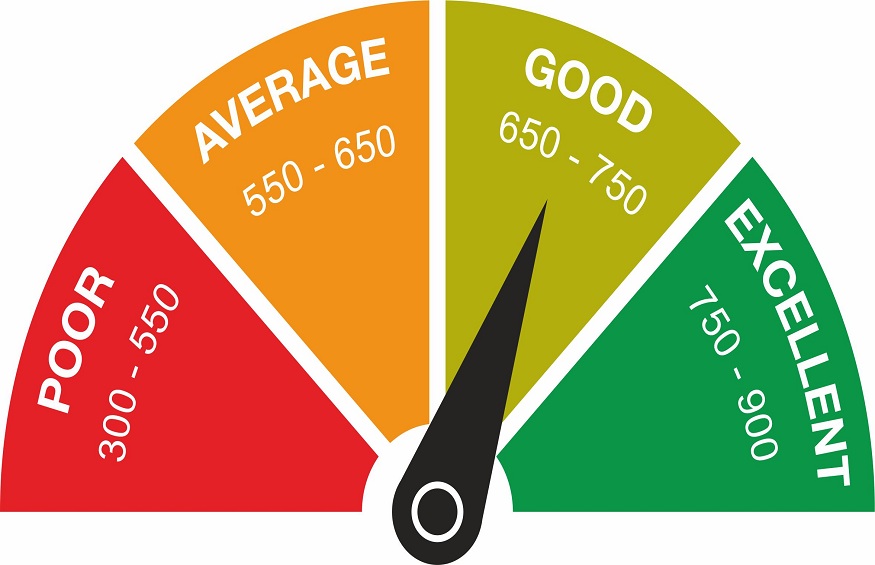Your credit rating changes over time as your credit report is updated.
It is not possible to know exactly how your credit rating will go up or down depending on your activities. Credit bureaus and lenders do not share the formulas they use to calculate credit score.
Factors that can influence your credit rating include:
If you have a good credit rating, you may be able to negotiate lower interest rates. On the other hand, when you order your credit score, it may be different than the one produced for a lender. The reason is that the lender may give more importance to certain information. This importance affects the calculation of your credit rating.There are two main credit bureaus in Canada:These are private companies that collect, store and communicate information about how you use your credit.
Equifax and TransUnion collect information only from creditors regarding your financial experience in Canada.
Some financial institutions may recognize a credit history outside of Canada if you ask them. This may require additional steps. For example, you may need to provide a copy of your credit report in another country and meet with a representative from your branch.
Who can view and use your credit report
Credit bureaus follow rules that define who can view your credit report. These rules also define how your record can be used.
In the following provinces, a business or person simply needs to notify you that your credit report will be checked:
Other provinces require written consent before viewing your credit report. When you sign a credit application, you allow the lender to view your credit report. Your consent allows the lender to use your credit report when you first apply for credit. Following this request, the lender can consult your credit report as long as your account is open.
In many cases, your consent also allows the lender to share information about you with the credit bureaus. This only applies if your request is approved.
Some provincial laws allow government officials to view parts of your credit report without your consent. These representatives include judges and police services.
Contact your provincial or territorial consumer protection office for more information on credit reporting laws.
What’s on your credit report
Your credit report includes personal information, information about your finances and your credit history. It usually takes 30 to 90 days to update the information on your credit report.




